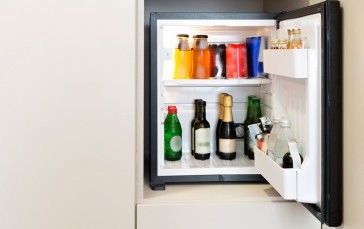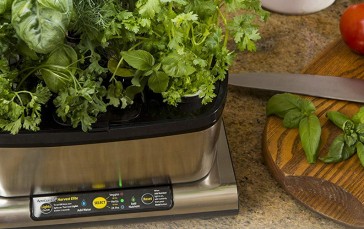How to Make Your Fruits & Veggies Last
There’s nothing worse than buying a bunch of produce only to see it rot before you can eat it! Luckily, all it takes is proper storage to make fruit and veggies last longer. With these tips, you’ll increase the shelf life of all your produce and enjoy the fruits of your labor — pun intended!
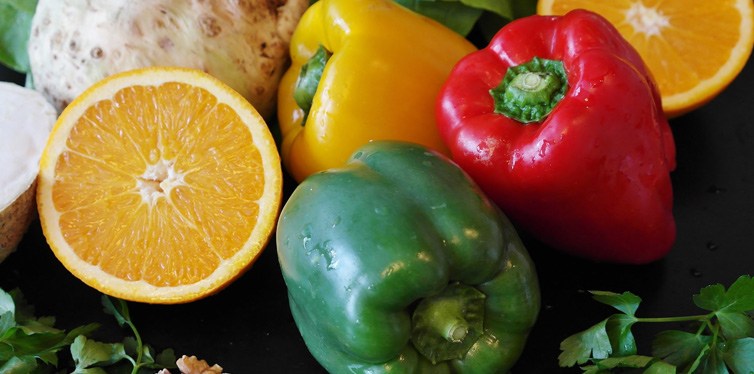
1. Freeze or Refrigerate Fruit in Meal Prep Containers or Insulated Food Bags
Store your fruit and veggies in covered containers lined in paper towels. Do not wash your produce until you are about to use it. By adding moisture, you are speeding up the decay process.
As an alternative to using meal prep containers to store fruits and veggies, you can also use insulated food bags in either the fridge or freezer. Though you should not wash most produce before putting it in the fridge, you can wash your greens. Be sure you pat them dry before putting them in insulated food bags. Lettuce is especially prone to browning quickly. To avoid that, store lettuce in the crisper drawer of the fridge.
When you are ready to use your frozen produce, thaw it out. Frozen veggies are great for adding to stir fry and soups. Frozen fruit is excellent for making smoothies or various desserts.
2. Purchase Long-Lasting Produce
If you know that sometimes it takes weeks for you to use up your produce, consider primarily purchasing fruits and veggies with a long shelf life:
- Apples
- Brussel sprouts
- Cabbage
- Citrus fruit
- Garlic
- Broccoli
- Pomegranates
- Onions
- Kale
- Potatoes
- Sweet potatoes
- Carrots
- Squash
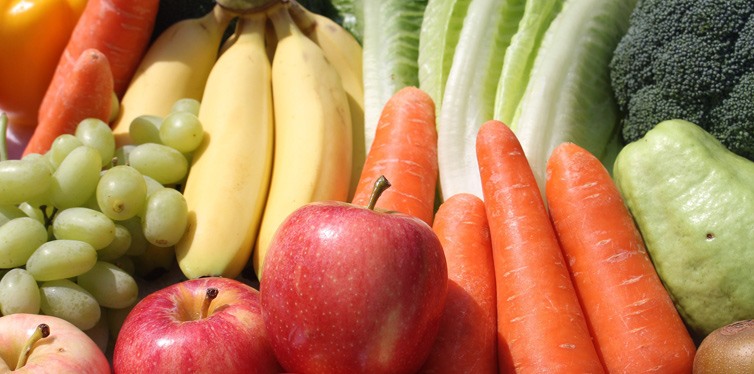
3. Keep Your Ethylene-Producing Fruits and Veggies Separate From Your Other Fruit in the Fridge
Fruits such as apples, nectarines, cantaloupe, and kiwi give off ethylene gas, which makes other fruits ripen and rot faster. These fruits are best stored in the fridge to keep them fresh longer, but be aware of where you put them. Peppers also produce ethylene and should be kept separate. Typically, it’s best to keep fruits and vegetables separate if you have enough room in your fridge.
Some fruits and veggies that are especially sensitive to ethylene include grapes, bananas, broccoli, and cucumbers.
If you want to go the extra mile, you could store the ethylene-producing fruits and veggies in a separate mini-fridge.
4. Don’t Refrigerate All Fruits and Vegetables
Your first instinct to make your fruits and veggies last may be to put everything in the fridge. But some fruits and vegetables have a longer shelf life when stored outside of the refrigerator.
Fruits and veggies such as avocados, tomatoes, bananas, peaches, nectarines, and pears do best outside of the fridge, separated from others. Once they begin to ripen, you can put them in the refrigerator to slow the process.
Citrus fruits do not need to go in the fridge. They do best stored on the counter. Consider placing them directly on the counter instead of in a bowl, as this will slow the ripening process.
Potatoes, garlic, hard squash, and onions do best in a cool, dry place — a pantry is an ideal place to store them. They’ll stay fresh for one to three months.
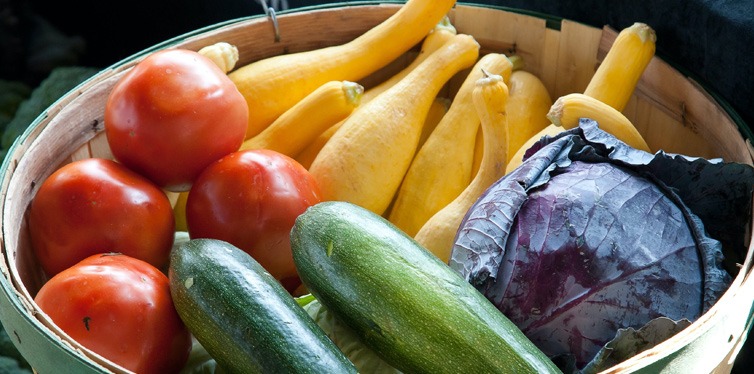
Other Tips and Tricks to Make Your Fruit and Vegetables Last
- Store produce correctly in the fridge.
- Only wash produce when ready to use.
- Be aware of the specific shelf life for each fruit and vegetable.
- Keep ripe/nearly-rotten produce away from other produce.
- Store mushrooms in a paper bag.
Remember, purchase long-lasting produce, keep it in insulated bags or containers, keep ethylene-producing fruits and veggies separate, and don’t refrigerate everything. Get the most out of those nutritious fruits and vegetables (and your grocery bill) them by storing them properly!


